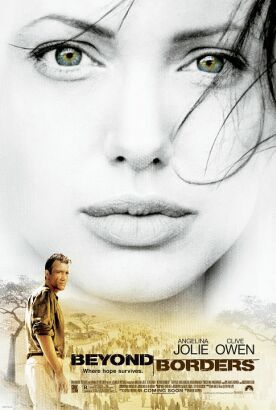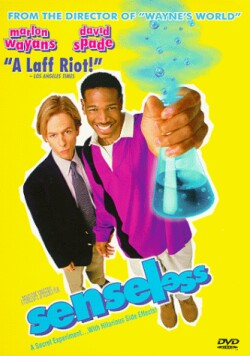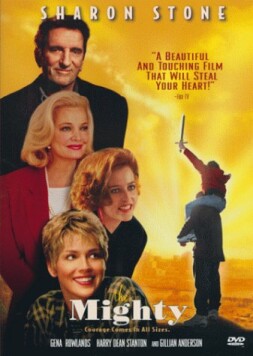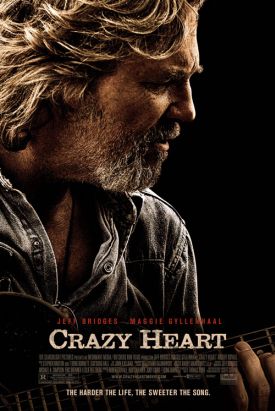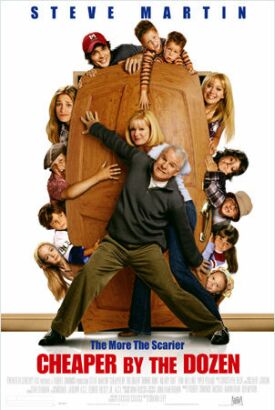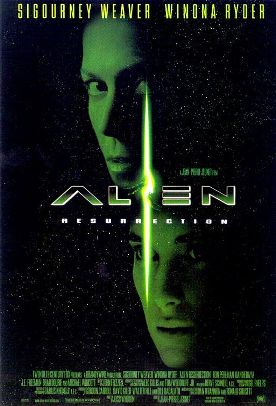Beyond Borders
Though it is directed by the New Zealander Martin Campbell (GoldenEye, The Mask of Zorro), Beyond Borders got its start as an Oliver Stone project. It shows. The whole tone of the film has that crashing, Stone-like tendency to run away with an idea or an emotion, which then proceeds to flatten everything in its path. The film has the subtlety of a boulder.
It also has a version of Stone’s loopy lefty politics, but a somewhat curious one. Its leftism seems to me to be of the kind we saw in the anti-globalisation protests in Seattle and elsewhere before the war on terror gave the protesters an international villain to focus on — I mean, of course, George W. Bush. It is a kind of leftism with all the political content scooped out of it and only the attitude of opposition left.
Like the protesters, that is, the film is angry, but it doesn’t quite know what or whom to be angry with. Its hero, Dr. Nick Callahan (Clive Owen), spends his life offering medical attention to the world’s refugees, many of them starving, and their plight seems to impress him with the need to be angry with somebody, so he settles for being angry with everyone less dedicated than himself. Which, of course, is more or less everyone.
The result is that all that goodness has nothing to pull against, no clearly realized evil which may be supposed to be responsible for the suffering, except for Steiger (Yorick van Wageningen), a caricature CIA agent who functions as a sort of diabolus ex machina, turning up wherever the aid workers do in order to exploit in any way he can the suffering which they try to alleviate. But this is just going through the Stonean motions.
In other words, though the film concerns itself with the messes caused by politicians — using the term loosely to describe warlords, petty despots and dictators — it seems to have no politics of its own. Or, if it does, it isn’t telling what they are. When Callahan is kidnapped by rebels in Chechnya, it is explicitly stated that it is unknown whether he “pissed off” the Russians or the Chechens. Even the Khmer Rouge, to whom he smuggles guns for the CIA in return for vital medicines, are made out to be scarcely any worse than the Cambodian government.
Why this pussy-footing? It would be fine if the doctor were apolitical like Mother Teresa or the Red Cross, but he isn’t. He’s boiling with political passion, and yet the only people he ever vents it on are the naVve and well-intentioned people back home who want to help but just don’t want to help enough to suit him.
Of course his own motives in what he does, and those of Sarah Jordan (Angelina Jolie), the woman who loves him, are doubtless of the purest and most unselfish, but without God or a strong sense of political purpose urging them on, the unselfishness is curiously detached, unfocused and unpersuasive, like the anger. In the end it is hard to fight back the suspicion that all either of them ever really believed in was their own martyrdom.
And each other, of course, you may add. But here too, I have my doubts. Ms Jordan is a regular Mrs Jellyby, Dickens’s character from Bleak House whose obsession with helping the African kingdom of Borrioboola-Gha results in the complete neglect of her own family. Steiger naturally pours scorn on her mission to rescue the kidnapped Doctor Nick. “You’re willing to risk your life for love?” he says incredulously. But he has a point.
For on what definition of “love” are we to suppose she is acting in abandoning not only her husband (Linus Roache) but the children to whom she still professes to feel a mother’s attachment in order to chase her glamorous, angry doctor through several war-zones at the risk of her own life? Is this supposed to be OK because, in addition to their passion for each other, they have the satisfaction of helping people in distant lands? It seems that we are meant to admire the purity and the power of this feeling, but like the rest of the emotion in the film it is excessive without being coherent.
Discover more from James Bowman
Subscribe to get the latest posts to your email.

